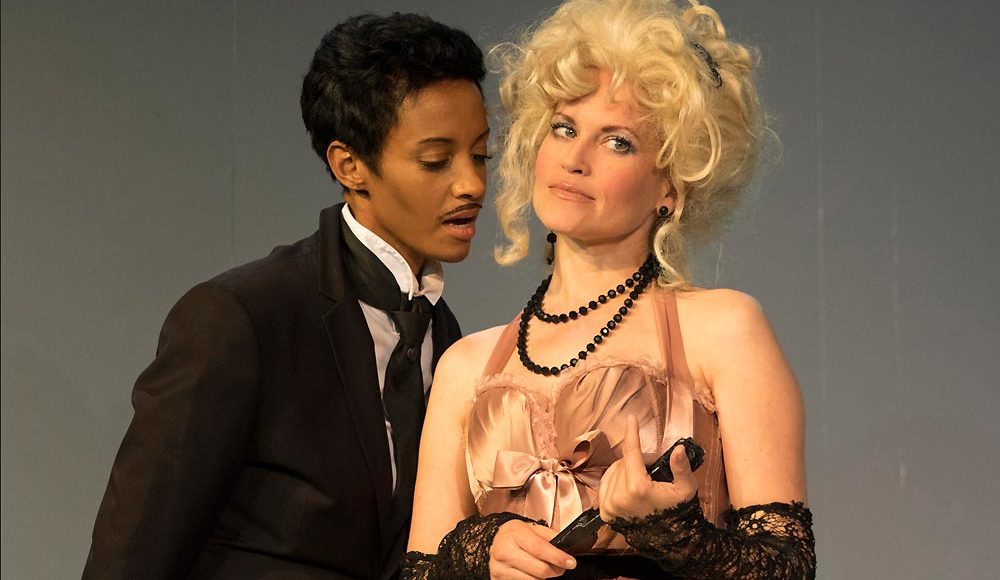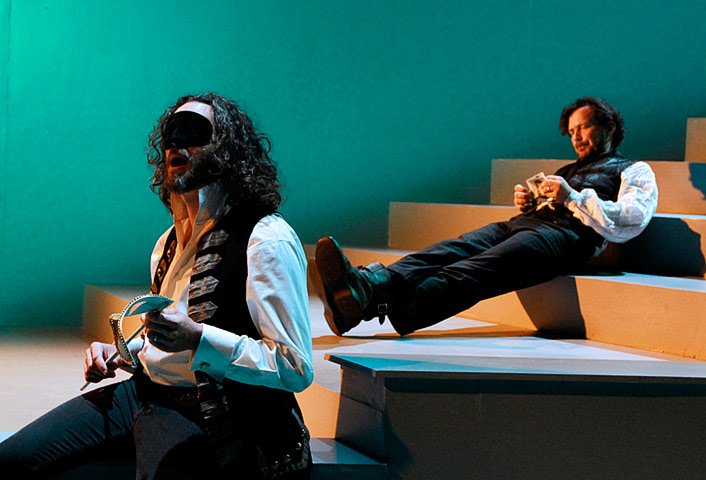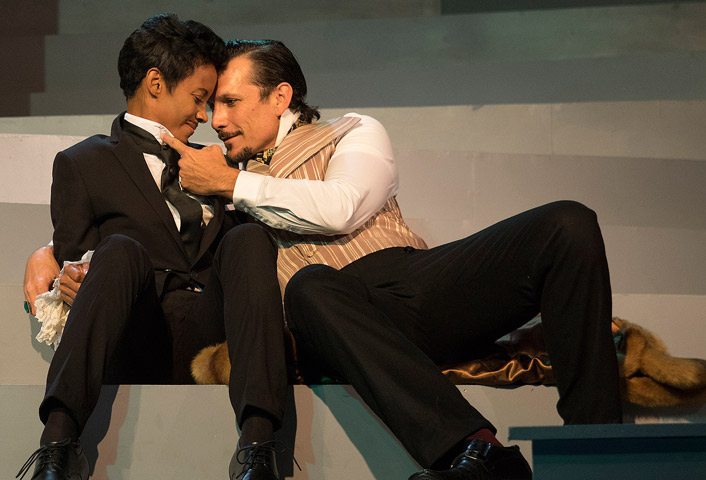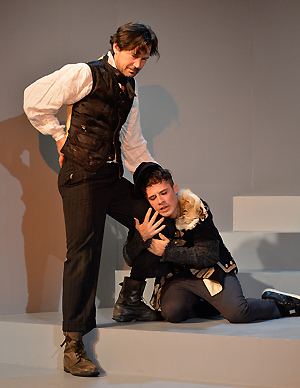A life lacking passion is paralysis.
The particular focus of that passion counts for beans.
Take your pick: Video Games, Persian rugs, NASCAR, graffiti art, in later life Winston Churchill’s passion was masonry; what counts is the possession of a passion, one that possesses you.
The rewards are multifold, but arguably one of the best payoffs is being present when your precise passion is expressed in a moment of perfection.
If your passion is soccer, the 1970 World Cup final, when Pelé paused before his silken pass to Carlos Alberto.
If your passion are drums and jazz, there’s Rossiere “Shadow” Wilson’s two-measure drum break on Count Basie’s album “Queer Street.”
Recently, Brendan Moyle compiled a short list of perfect moments that science offered. Among them, “Discovering a new compound will crystallize well.” (Apparently allows easier purification.), and “Solving the analytical data to show the product of a reaction isn’t what I wanted; but that the new product is even more exciting and interesting.”
In his play The History Boys, Alan Bennett, captures that moment for passionate book lovers; “The best moments in reading are when you come across something – a thought, a feeling, and a way of looking at things – that you’d thought special, particular to you. And here it is, set down by someone else, a person you’ve never met, maybe even someone long dead. And it’s as if a hand has come out, and taken yours.”
Theatre is one of my all consuming passions, and occasionally there’s a show so superlative, that when it ends you want to leap from your seat, yell at the actors and stage artists to stay put, then run from the theatre, go bolt up and down the street, strong-arm anyone available back to the theatre, then pluck them down in a seat, turn back to the cast and crew and bark, “Do it! Do it again! Show them why theatre kicks ass!”
I am happy to report the production of Pierre de Marivaux’s The False Servant at the Odyssey is one such show.
Pierre de Marivaux is an exceedingly important figure in world theatre, and though his plays are not staged with the frequency of Moliere’s, of the pair, Marivaux is by far the more interesting.
Born in Paris in 1688, Marivaux was a child of The Enlightenment, but hardly a man of his time. In both his plays and his novels, Marivaux’s admiration for women is unmistakable, but what is surprising is that his admiration is accompanied by great respect. An attitude that definitely placed him at the forefront of the struggle for equality of the sexes back in the 18th century, and would probably do so today.
Marivaux did not share the Aristotelian view of women as “incomplete men.”
He did not see them as either chattel or the “decorative sex.”
In his plays and his novels women reflect both intelligence and a staggering sense of their independence.
The False Servant is no exception.
Lelio (a wonderfully wicked Christian Leffler) is a cad of the first order. After he succeeded in finagling his engagement to the wealthy Countess (Dorie Barton), a better offer comes along; a marriage to a “Parisian maiden” reported to be very beautiful and much, much richer.
It is the money that interests Lelio, for as he observes, “Any wife of mine will end up ugly by definition.”
Now he must find a way of disentangling himself from the Countess so that he can hurry to the capital and wed the “Parisian maiden” before his creditors catch up with him.
To assist him in this nefarious undertaking, he enlists the services of his new young friend the Chevalier (Chastity Dotson).
The Chevalier agrees to seduce the Countess, and then once she is in love with him she’ll break her engagement to Lelio allowing him to rush to the richer prey.
But what Lelio is unaware of, is that the Chevalier is the “Parisian maiden,” who in the disguise of a man, has come from Paris to assess her “intended” Lelio. (In her masquerade, Dotson bears an uncanny resemblance to the “artist formerly known as Prince” Rogers Nelson.)
Cross-dressing has a long theatrical tradition and, of course, was a favorite of Shakespeare’s which he employed in a fifth of his thirty-eight plays.
But in Marivaux’s hands the device takes on a different hue.
Unlike Shakespeare’s Portia, Rosalind or Viola, Marivaux doesn’t utilize the Chevalier to improve, temper or educate her respective lover making him over into someone she can feel better about giving her hand in marriage to.
The Chevalier sees the man for what he is, then turns to preventing the offensives he’s plotting.
The most startling difference between the two playwright’s uses of the device is that Marivaux applies his character as a touchstone to the two sexes, looking more intensely at the actual differences separating the sexes than Shakespeare ever ventured to.
The Chevalier admits, “As a man I am somewhat unique.” In truth, as a person she is too.
In the grand thespian Valhalla, if you roamed among the great mass of tombstones commemorating the fallen, the epitaph carved into the majority of them would read, “Farce proved fatal.”
There are few more challenging genres any actor can face than farce. But watching the cast of this production you would never guess.
Leffler, Barton and Dotson perform in a harmony toned so finely and in such perfect sync, that by comparison the Mormon Tabernacle Choir wouldn’t seem fit to sing for change down in the bowels of the New York subway.
This production is a standout on many a level, but topping that list is the cast, for this troupe is without a “weak link,” but a chain forged of platinum.
Cody Chappel croons with a voice of gravel and pearls as Frontin, a servant of the Chevalier, and the foil to Barry Del Sherman’s Trivelin, who offers devilishly inky asides on the world, observing, “History is one long joke in bad taste.”
As Arlequin, servant to Lelio, Matthew Bazulka is a manic marvel of mischief.
The cast could not be more finely tuned. Not a beat or punch line is dropped or missed in what is nothing less than an exquisite concerto of comedy.
The conductors sharing the podium and the credit for this are producers Beth Hogan and Bart DeLorenzo.
As director, DeLorenzo’s touch is velvet, and each movement played in perfect tempo. If one word was needed to describe what he achieves on stage that word would be “refinement.” Not a term often found in theatre today or the world at large.
DeLorenzo is the artistic director of the Evidence Room Theater, which contrary to some recent delusional ramblings coming from over where the sun rises, has been doing theatre in this town since 1995.
This is not the first time, the Evidence Room and the Odyssey have produced together, The Receptionist, Margo Veil are past productions that were better for the partnership. Last year’s Passion Play less so.
But with The False Servant they have placed the bar at a dizzying height, that qualifies it as a “must see.”
♦ ♦ ♦
The False Servant
at The Odyssey Theatre from July to Sept. 6th
Written by Pierre Carlet de Chamblain de Marivaux
Adapted by Martin Crimp
Directed Bart DeLorenzo
Produced by Beth Hogan and Bart DeLorenzo
CAST:
Dorie Barton, Mathew Bazulka, Cody Chappel,
Barry Del Sherman, Chastity Dotson, Christian Leffler
2055 S. Sepulveda Blvd., West Los Angeles, 90025.
For reservations and information, call (310) 477-2055
or go to www.OdysseyTheatre.com.
(Pictured in Lead Image: Chastity Dotson and Dorie Barton – Image by Diego Barajas)








